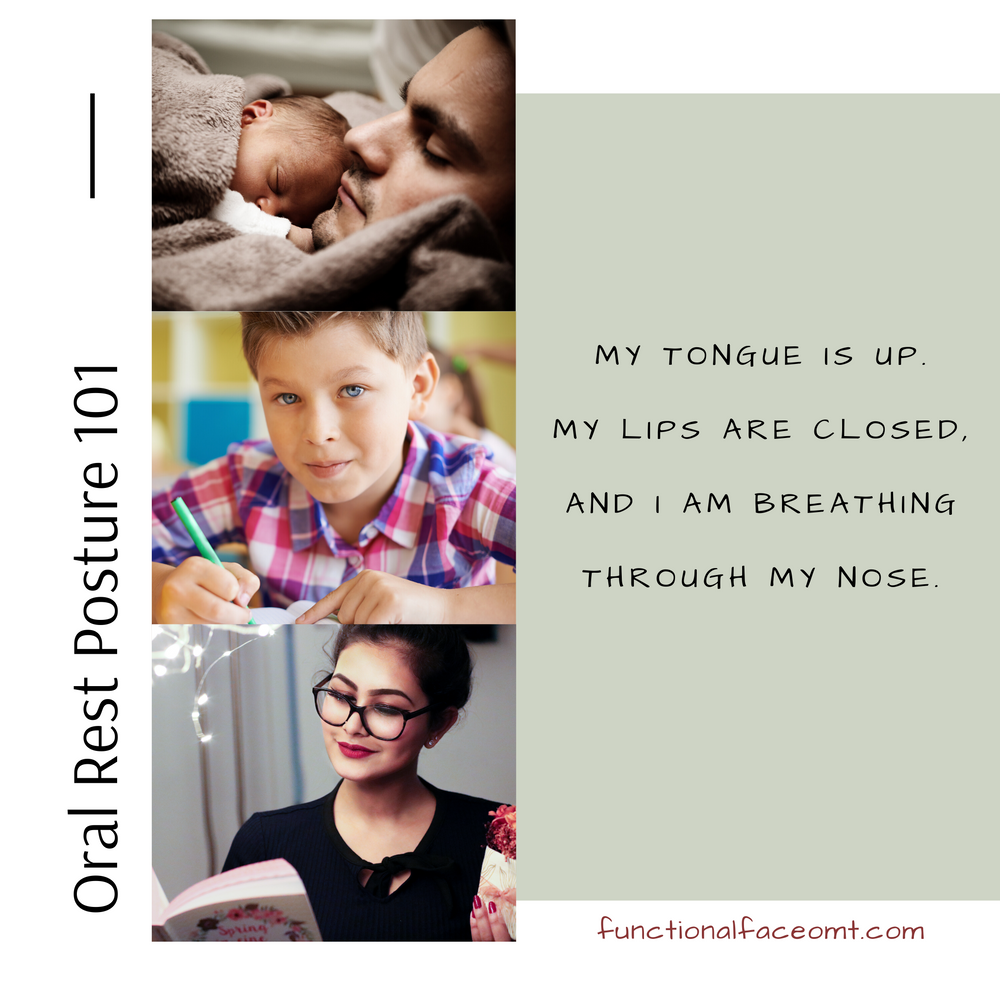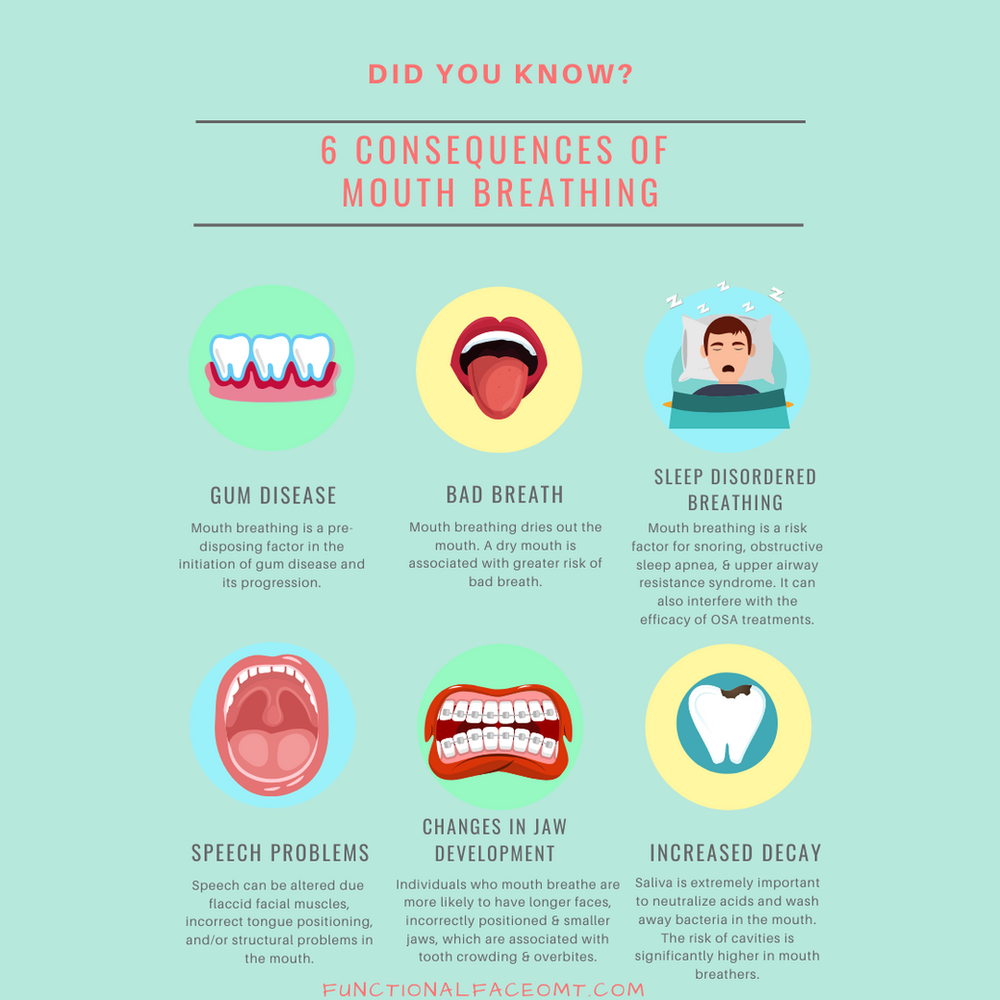The benefits of breastfeeding to mom and baby almost seem endless and perhaps you feel you've heard them all. In this post, I'll share one critical function of breastfeeding that many people have not yet heard.
As parents, we all want healthy children that can speak, eat, breathe, sleep, and learn well. Did you know that the success of those everyday, vital functions is greatly affected by how our face, mouth, and airway develops? Would you like to know the secret to help your child’s mouth, face, and airway to grow correctly, right from the infancy? The answer, of course, is in the title. Breastfeed, and do it for as much as you can, as long as you can.
Breastfeeding is the first, and perhaps most critical experience to our orofacial development. We often hear the nutritional benefits of the milk itself, but many are unaware of how critical the actual act of feeding at a breast is for the development of the baby’s jaw, their dental health, and airway development. That is why early feeding history is included in a comprehensive orofacial myofunctional therapy assessment. We are trying to figure out the "why" of the muscle dysfunctions and structural problems present. Their origins can be rooted in early feeding experiences and activities. When appropriate craniofacial and oralfacial development is impeded, problems with speech, eating, breathing, sleeping, and even learning, can result (The details of how this is true will be discussed in another blog post.).
Breastfeeding requires sophisticated muscle movements and coordination from the baby’s jaw and tongue, that just cannot be obtained through the much more passive bottle feeding. The “work” of breastfeeding contributes to the correct development of the jaws and face in a forward direction. As the jaws and face grow forward, so does the airway. (1)
Numerous studies have demonstrated that breastfeeding is a protective factor against malocclusion (incorrect bites and/ or crooked teeth). When compared to bottle-fed babies, exclusively breastfed babies appear to have lower incidence of malocclusions later in life. Breastfeeding up to 6 mos is shown to reduce open bite, over jet, crossbite, and tooth crowding. The longer you breastfeed the greater the reduction in these problems! (2,3)
Breastfeeding is a protective factor against malocclusion and crucial to the appropriate oralfacial and airway development of humans.
What does all that mean in practical terms? You're child will be less likely to need braces or myofunctional therapy and reduce their risk for tooth decay, speech, eating, or breathing issues. In short, you will have healthier child. Totally worth it.
So what can a mother to do if, for one reason or another, she won't be feeding her baby via the breast? Stay tuned for a future post with tips to help your baby's mouth, face, and airway grow their best while being bottle fed.
1. http://www.brianpalmerdds.com/bfeed_oralcavity.html
2. Peres KG, Cascaes AM, Peres MA, et al. Exclusive breastfeeding and risk of dental malocclusion. Pediatrics. 2015;136(1):e60-e67.
3. Thomaz, Erika & Alves, Claudia & Silva, Luciana & Ribeiro, Cecilia & Seabra Soares de Britto e Alves, Maria & Hilgert, Juliana & Wendland, Eliana. (2018). Breastfeeding Versus Bottle Feeding on Malocclusion in Children: A Meta-Analysis Study. Journal of Human Lactation. 34. 089033441875568. 10.1177/0890334418755689.
#breastfeeding #breastfed #jaws #airway #crookedteeth #braces #airwayhealthdentistry #mommaandbaby #babies #breastfedbaby #baby #malocclusion #extendedbreastfeeding #omt #nursing #nursling #milkdrunk #m omtobe #dadtobe #parenting #IBCLC #pregnancy #breastfeedingjourney #normalizebreastfeeding #liquidgold #lactation #newborn #beautifulsmilesstarthere #ohbaby #ebf #bottlefeeding










